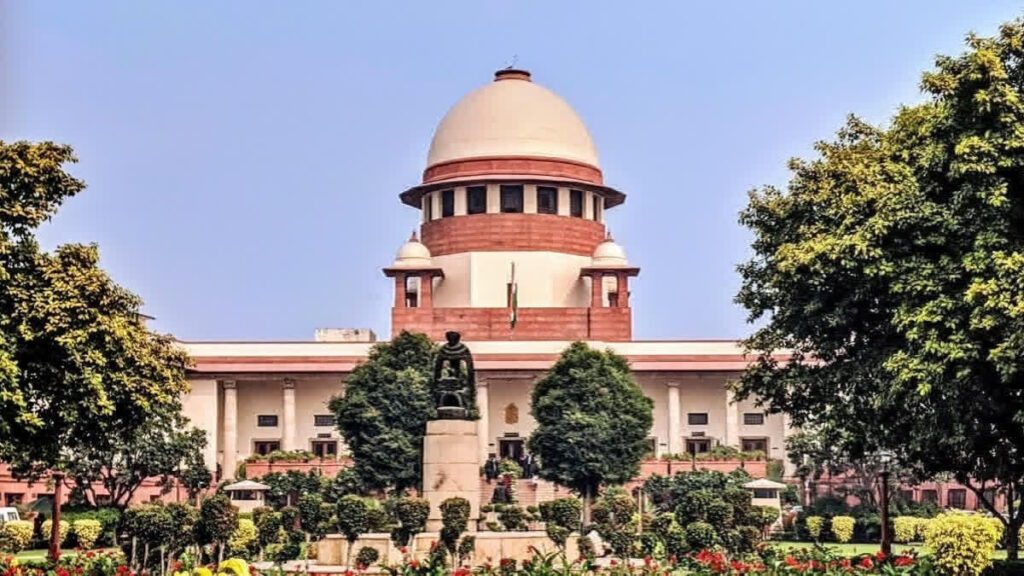Jahanvi Agarwal
On 23rd February 2024, the Supreme Court settled a crucial legal issue regarding the interplay between the Food Safety and Standards Act, 2006 (FSSA), and certain sections of the Indian Penal Code. Justices Abhay S. Oka and Sanjay Karol presided over the case and emphasized that Section 59 of the FSSA holds precedence over Sections 272 and 273 of the IPC in matters concerning food safety.
The Court elucidated its stance by stating, “The main Section clearly gives overriding effect to the provisions of the FSSA over any other law insofar as the law applies to the aspects of food in the field covered by the FSSA.” It underscored that even though offences under the IPC may be established, the offence under Section 59 of the FSSA remains applicable and carries more stringent consequences.
Under Section 59 of the FSSA, a person commits an offence who, whether by himself or by any person on his behalf, manufactures for sale or stores or sells or distributes any article of food for human consumption which is unsafe.
Advocate Garvesh Kabra represented the appellant, while Senior Advocate Maninder Singh represented the respondents. The case stemmed from a challenge to an order passed by the Allahabad High Court, which dismissed a petition seeking the quashing of prosecutions under IPC Sections 272 and 273. The appellant faced allegations related to the sale of adulterated mustard oil, edible oil, and rice bran oil without the requisite license.
The Supreme Court’s decision highlighted the comprehensive nature of the concept of unsafe food compared to adulterated food. It affirmed that unsafe food poses a risk to health due to its altered nature, substance, or quality.
The ruling also addressed the issue of simultaneous prosecutions under different statutes, emphasizing that while simultaneous prosecutions may occur, convictions and sentences can only be pursued under one statute. Referring to the case of State of Maharashtra & Anr. v. Sayyed Hassan Sayyed Subhan & Ors. (2019) 18 SCC 145, the Court reiterated that Section 59 of the FSSA supersedes the provisions of the IPC, eliminating the possibility of simultaneous prosecutions under both statutes.
Consequently, the Supreme Court allowed the appeals and overturned the impugned orders, providing clarity on the hierarchy of laws in matters concerning food safety and regulation.
Case Name: Ram Nath v. The State of Uttar Pradesh & Ors.
Diary Number: 33406/2010
Bench: Justices Abhay S. Oka and Sanjay Karol


